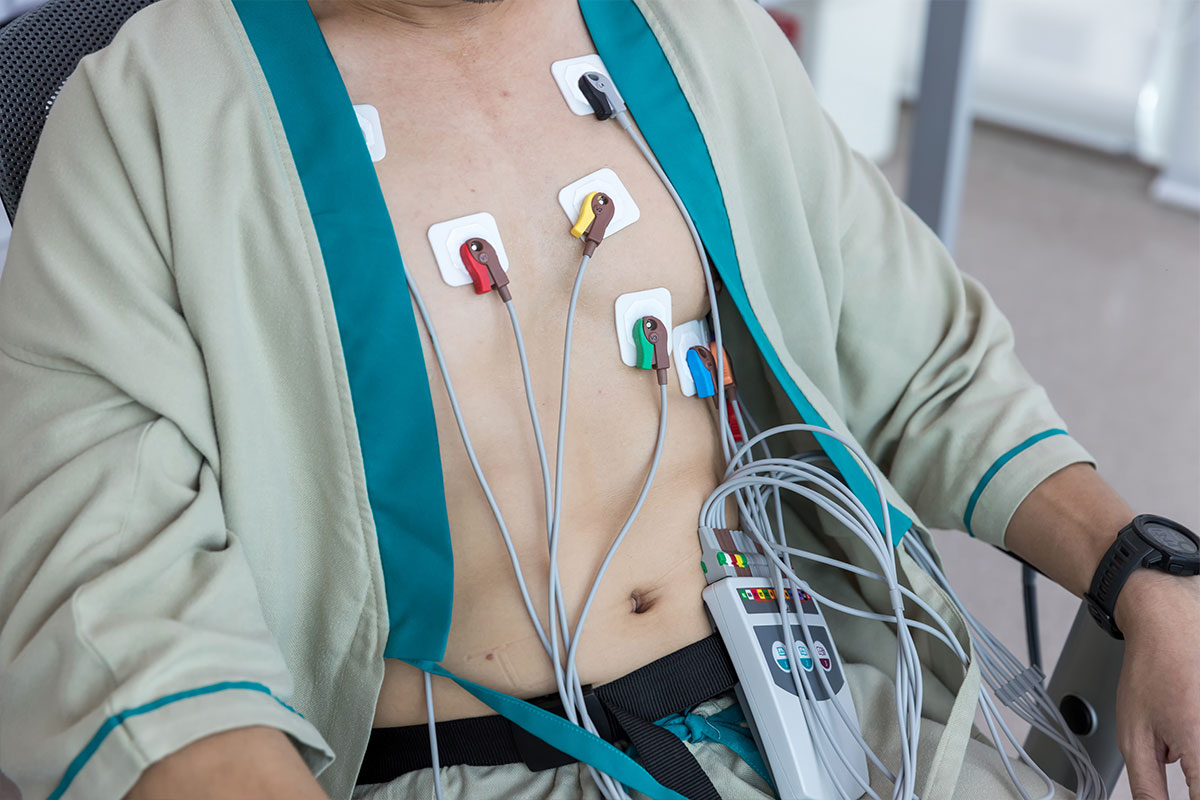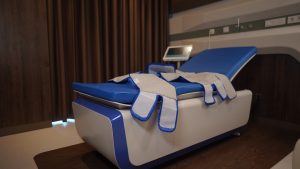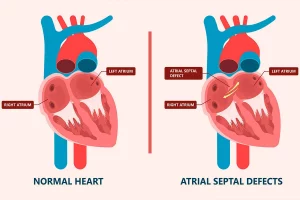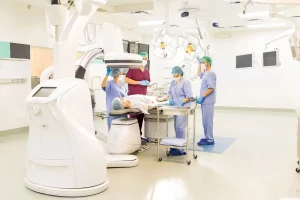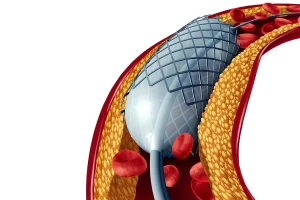Rhythm Holter Monitoring (Holter ECG)
Patients who complain of palpitations due to arrhythmias (tachycardia, bradycardia, frequent premature beats) and conduction disturbances (blocks) that cannot be detected in ECGs taken at times when the complaint is not present undergo what we call a rhythm Holter. A small bag-sized device is attached to the patient to record the rhythm for 24 hours. Then, the recording device is removed in the hospital and the rhythm recordings are examined.
Sometimes, patients may experience serious palpitation complaints, but it is not always possible to take an ECG recording during these palpitation episodes. Alternatively, in patients with intermittent extra beat complaints, the ECGs taken during the examination may not reveal these premature beats. In some cases, the patient may experience rhythm slowing issues during the day or during sleep, and the patient may faint. In all of these situations, the absence of complaints during the ECG recordings taken at that time does not indicate the absence of a rhythm problem in the individual, and the cardiologist may want to see and monitor the patient’s 24, 48, or 72-hour rhythm with a rhythm Holter.
For this examination, electrodes are placed at specific points on the patient’s body, and these electrodes are connected to a Holter device about the size of a mobile phone. During this process, the patient is instructed to continue their daily activities without exerting intense effort. At the end of the recording period, the Holter device is removed from the patient, and the rhythm throughout the day and during sleep is reviewed by a cardiologist using computer programs. The patient is asked to press a button on the device when they feel palpitations, and the rhythm at the time of pressing the button is evaluated to gain insight into the cause of the patient’s palpitations.
Holter EKG is highly beneficial in understanding the type of palpitations and whether fainting is related to arrhythmias in patients with complaints such as palpitations and fainting. Sometimes, a single Holter recording may not reveal any complaints from the patient. In such cases, the Holter test may need to be repeated several times.


